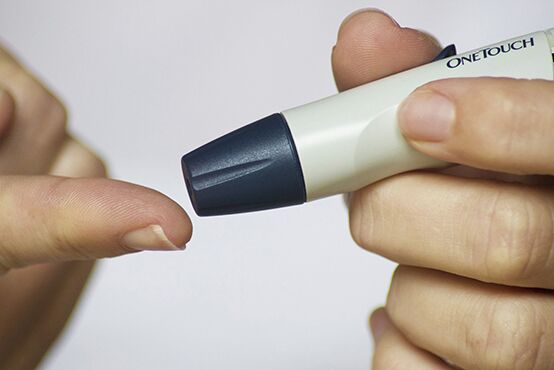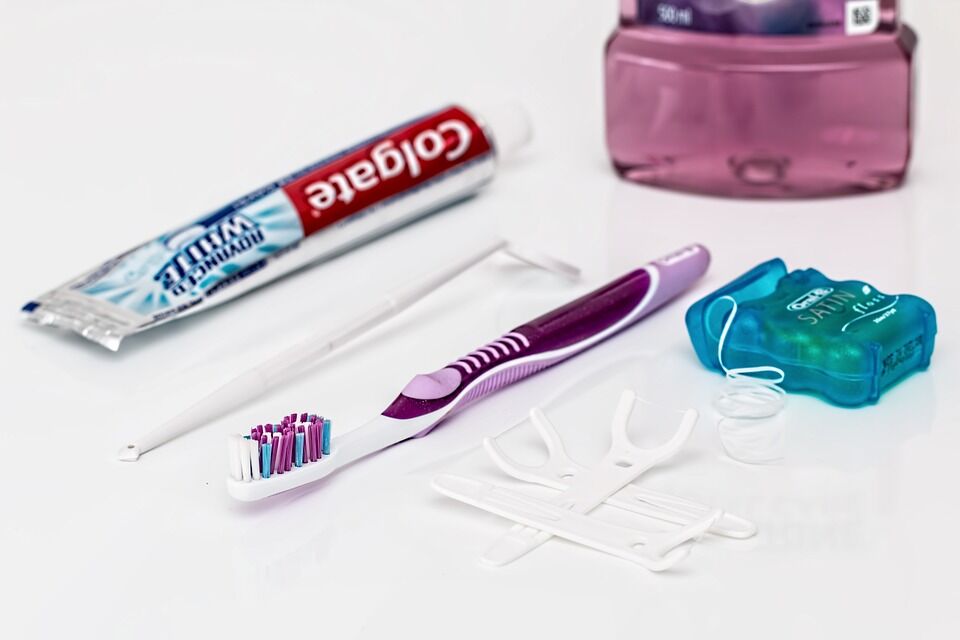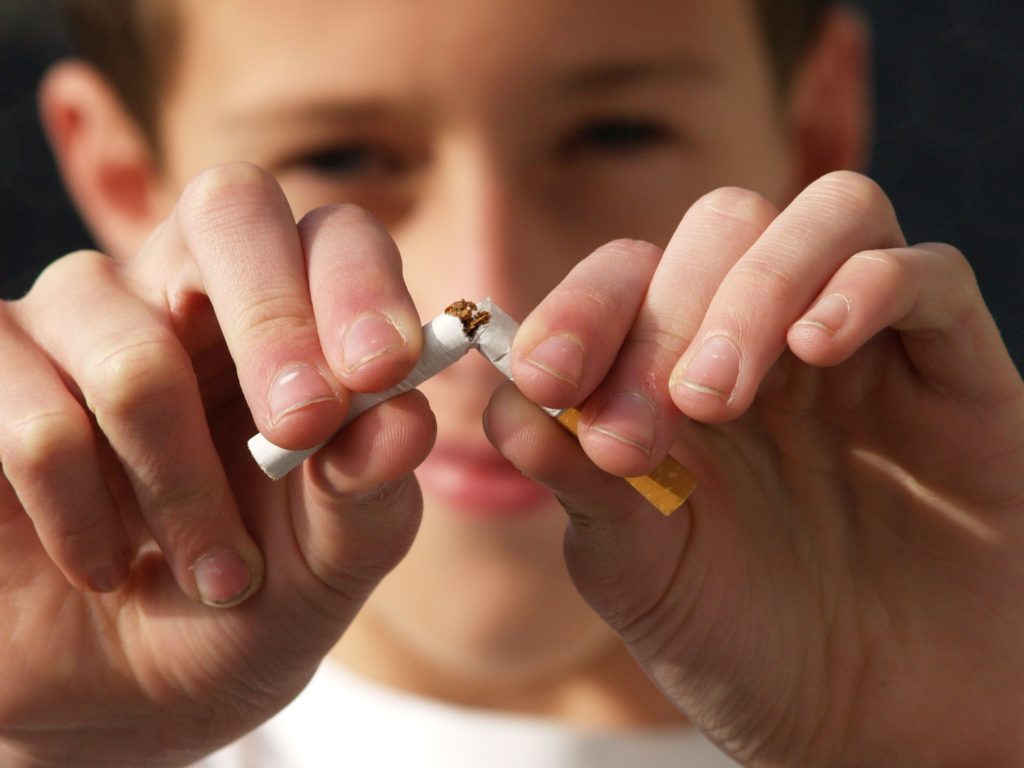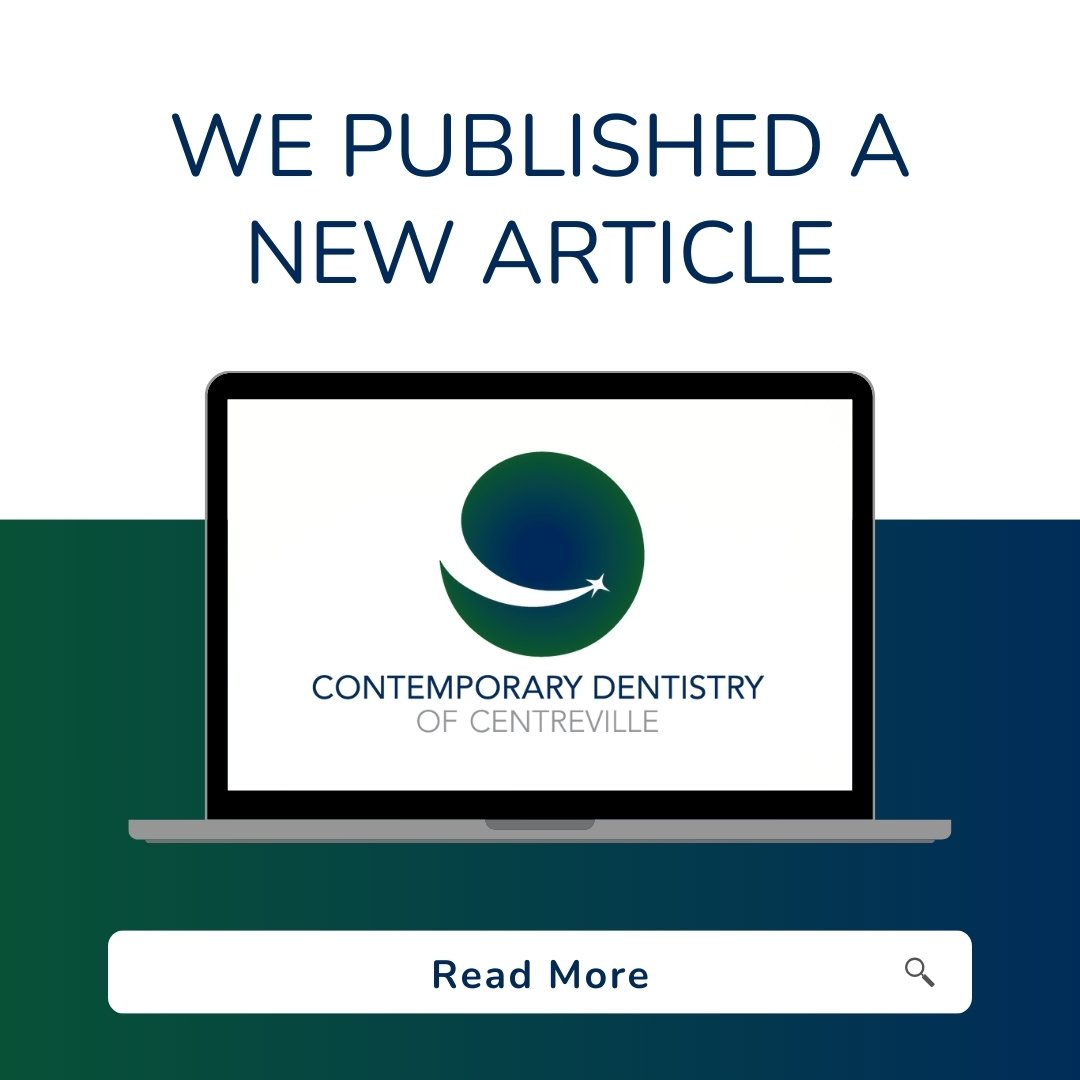
In our mouths, we have numerous forms of bacteria. Some are helpful and some are harmful. Bacteria in the mouth can be helpful because it helps to sanitize the mouth and breaks down food particles. However, too much bacteria can lead to the development of gum disease which can be damaging to your oral health.
When the bacteria start to collect in the mouth, it can create a sticky colorless substance known as “plaque” that sticks on to your teeth. If the plaque is not removed during brushing or flossing, the particle can harden and turn in to tartar. Over time, plaque and tartar becomes more difficult to remove at home so a professional cleaning with the dentist is important for maintaining your oral health and preventing decay and periodontal (gum) disease.
The longer the plaque and tartar remain on the teeth, the more harm they can cause to your oral health. Eventually plaque and tartar will create a mild form of gum disease called Gingivitis, which is an inflammation of the gum tissue. Ideally, routine cleanings and proper oral care can prevent gingivitis from developing. Once gum disease is prevalent, only your dentist can help to maintain the disease and prevent it from progressing.
In cases where gingivitis is not treated, it can then advance to periodontal disease. With periodontal disease, the inflammation now affects the soft tissue (gums) and the tooth and if left unattended, it can cause the tooth to loosen or fall out.
Having periodontal disease also can affect your overall bodily health. In many studies, there have been connections with periodontal disease to diabetes and heart disease. It is important to regularly see the
for a routine, professional cleaning and examination to prevent gum disease.
With periodontal disease, the dentist has solutions to help you prevent and maintain gum disease. A common solution for controlling periodontal disease is a deep dental cleaning, which can be performed by your
or certified hygienist. Contact our team to schedule your next visit today.



















